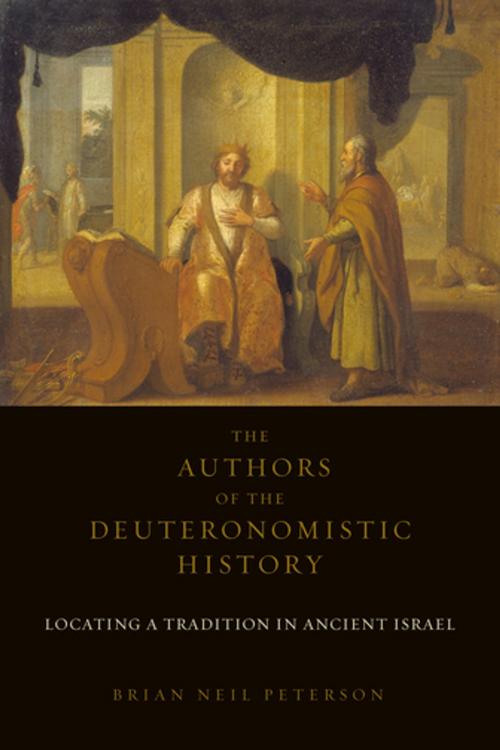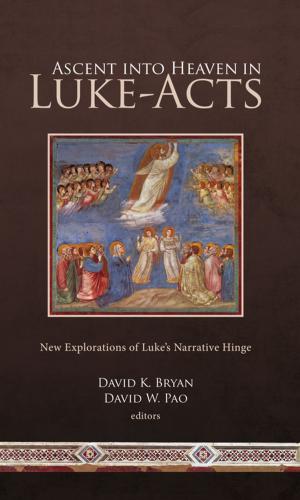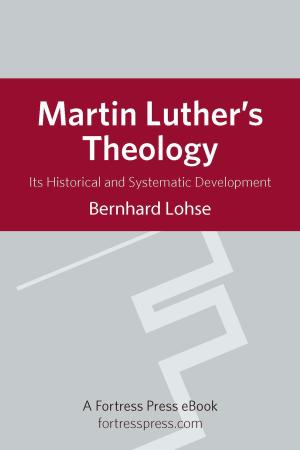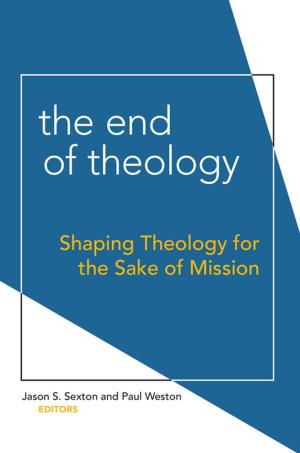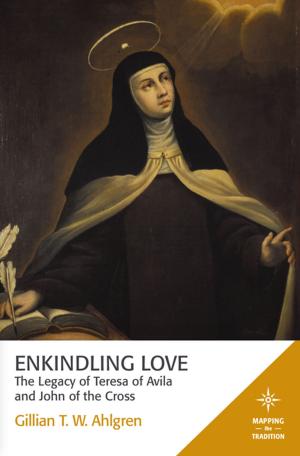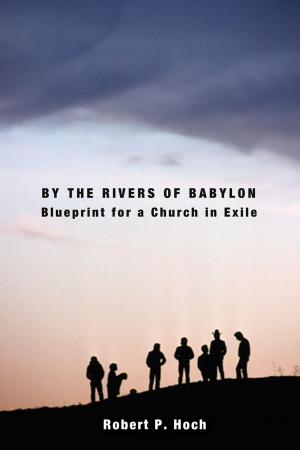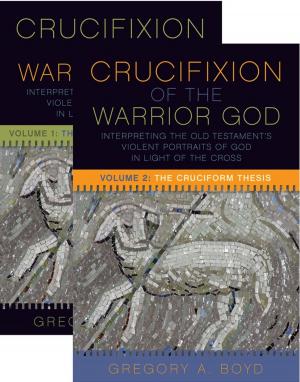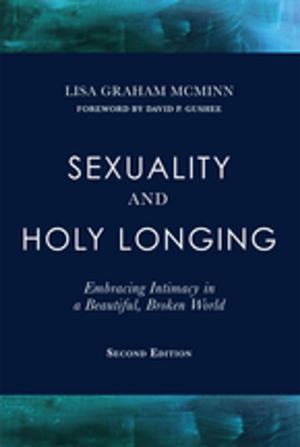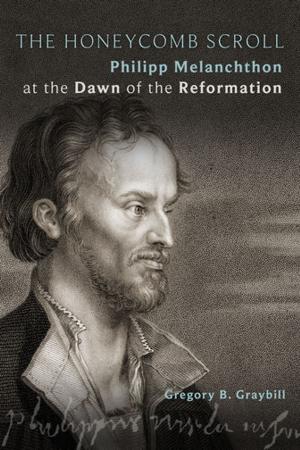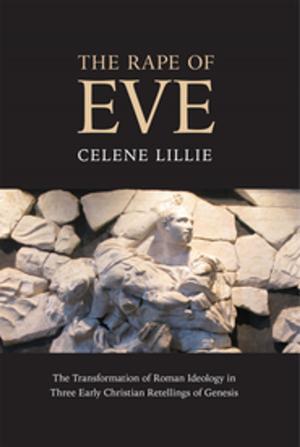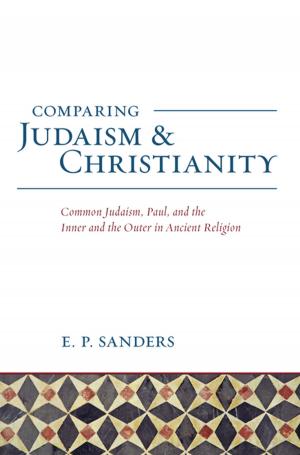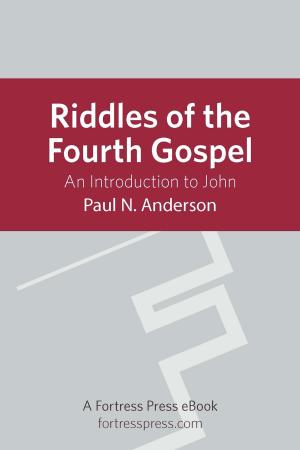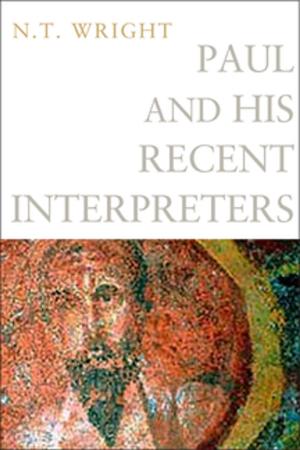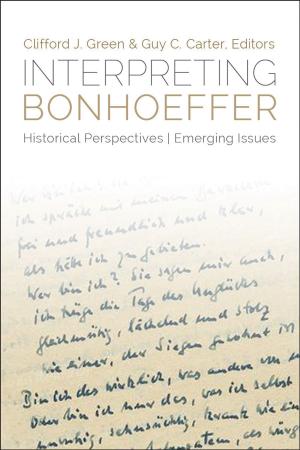The Authors of the Deuteronomistic History
Locating a Tradition in Ancient Israel
Nonfiction, Religion & Spirituality, Bible & Bible Studies, Old Testament, Criticism & Interpretation| Author: | Brian Neil Peterson | ISBN: | 9781451487466 |
| Publisher: | Fortress Press | Publication: | September 1, 2014 |
| Imprint: | Fortress Press | Language: | English |
| Author: | Brian Neil Peterson |
| ISBN: | 9781451487466 |
| Publisher: | Fortress Press |
| Publication: | September 1, 2014 |
| Imprint: | Fortress Press |
| Language: | English |
Peterson engages one of the most enduring controversies in current critical scholarship on the Hebrew Bible, the identities and provenances of the authors of the various “editions” of the Deuteronomistic History. Critically reviewing the presuppositions of scholars reaching back to Martin Noth, and using careful analysis of motif and characterization at each redactional level in each book of the Deuteronomistic History, Peterson asks where we might locate a figure with both motive and opportunity to draw up a proto-narrative including elements of Joshua, Judges, Samuel, and the first part of 1 Kings.
Posing his questions in the form of a “Whodunit?” Peterson identifies a particular candidate in the time of David who had both knowledge and a theological and political agenda, qualified to write the first edition. He then extends the method to identify the particular circle who became the custodians of the Deuteronomistic narrative and supplies successive redactions, informed by the original formative vision, down to the time of Jeremiah. Careful argumentation yields surprising results at each stage.
Peterson engages one of the most enduring controversies in current critical scholarship on the Hebrew Bible, the identities and provenances of the authors of the various “editions” of the Deuteronomistic History. Critically reviewing the presuppositions of scholars reaching back to Martin Noth, and using careful analysis of motif and characterization at each redactional level in each book of the Deuteronomistic History, Peterson asks where we might locate a figure with both motive and opportunity to draw up a proto-narrative including elements of Joshua, Judges, Samuel, and the first part of 1 Kings.
Posing his questions in the form of a “Whodunit?” Peterson identifies a particular candidate in the time of David who had both knowledge and a theological and political agenda, qualified to write the first edition. He then extends the method to identify the particular circle who became the custodians of the Deuteronomistic narrative and supplies successive redactions, informed by the original formative vision, down to the time of Jeremiah. Careful argumentation yields surprising results at each stage.
